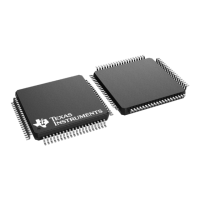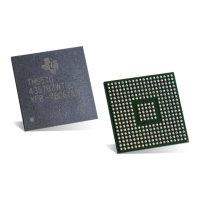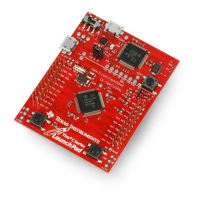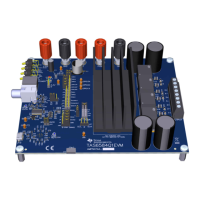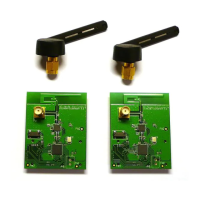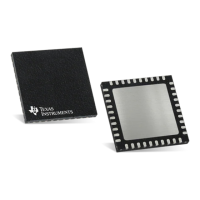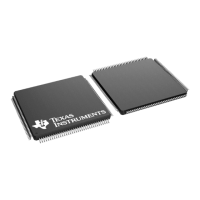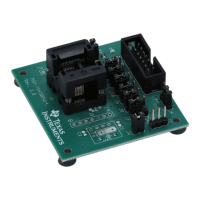Lab 2: Linker Command File
2 - 20 TMS320F2837xD Microcontroller Workshop - Programming Development Environment
workshop files self-contained and independent of other support files or resources. The lab
directions for this workshop are based on all software installed in their default locations.
Procedure
Start Code Composer Studio and Open a Workspace
1. Start Code Composer Studio (CCS) by double clicking the icon on the desktop or selecting it
from the Windows Start menu. When CCS loads, a dialog box will prompt you for the
location of a workspace folder. Use the default location for the workspace and click OK.
This folder contains all CCS custom settings, which includes project settings and views when
CCS is closed so that the same projects and settings will be available when CCS is opened
again. The workspace is saved automatically when CCS is closed.
2. The first time CCS opens an introduction page appears. Close the page by clicking the X on
the “Getting Started” tab. You should now have an empty workbench. The term “workbench”
refers to the desktop development environment. Maximize CCS to fill your screen.
The workbench will open in the CCS Edit perspective view. Notice the “CCS Edit” icon in the
upper right-hand corner. A perspective defines the initial layout views of the workbench
windows, toolbars, and menus which are appropriate for a specific type of task (i.e. code
development or debugging). This minimizes clutter to the user interface. The CCS Edit
perspective is used to create or build C/C++ projects. A CCS Debug perspective view will
automatically be enabled when the debug session is started. This perspective is used for
debugging C/C++ projects.
Setup Target Configuration
3. Open the target configuration dialog box. On the menu bar click:
File New Target Configuration File
In the file name field type F2837xD.ccxml. This is just a descriptive name since multiple
target configuration files can be created. Leave the “Use shared location” box checked and
select Finish.
4. In the next window that appears, select the emulator using the “Connection” pull-down list
and choose “Texas Instruments XDS100v2 USB Debug Probe”. In the “Board or Device” box
type TMS320F28379D to filter the options. In the box below, check the box to select
“TMS320F28379D”. Click Save to save the configuration, then close the “F2837xD.ccxml”
setup window by clicking the X on the tab.
5. To view the target configurations, click:
View Target Configurations
and click the plus sign (+) to the left of “User Defined”. Notice that the F2837xD.ccxml file is
listed and set as the default. If it is not set as the default, right-click on the .ccxml file and
select “Set as Default”. Close the Target Configurations window by clicking the X on the tab.
Create a New Project
6. A project contains all the files you will need to develop an executable output file (.out) which
can be run on the MCU hardware. To create a new project click:
File New CCS Project or click: Project New CCS Project…
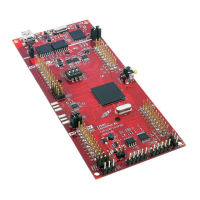
